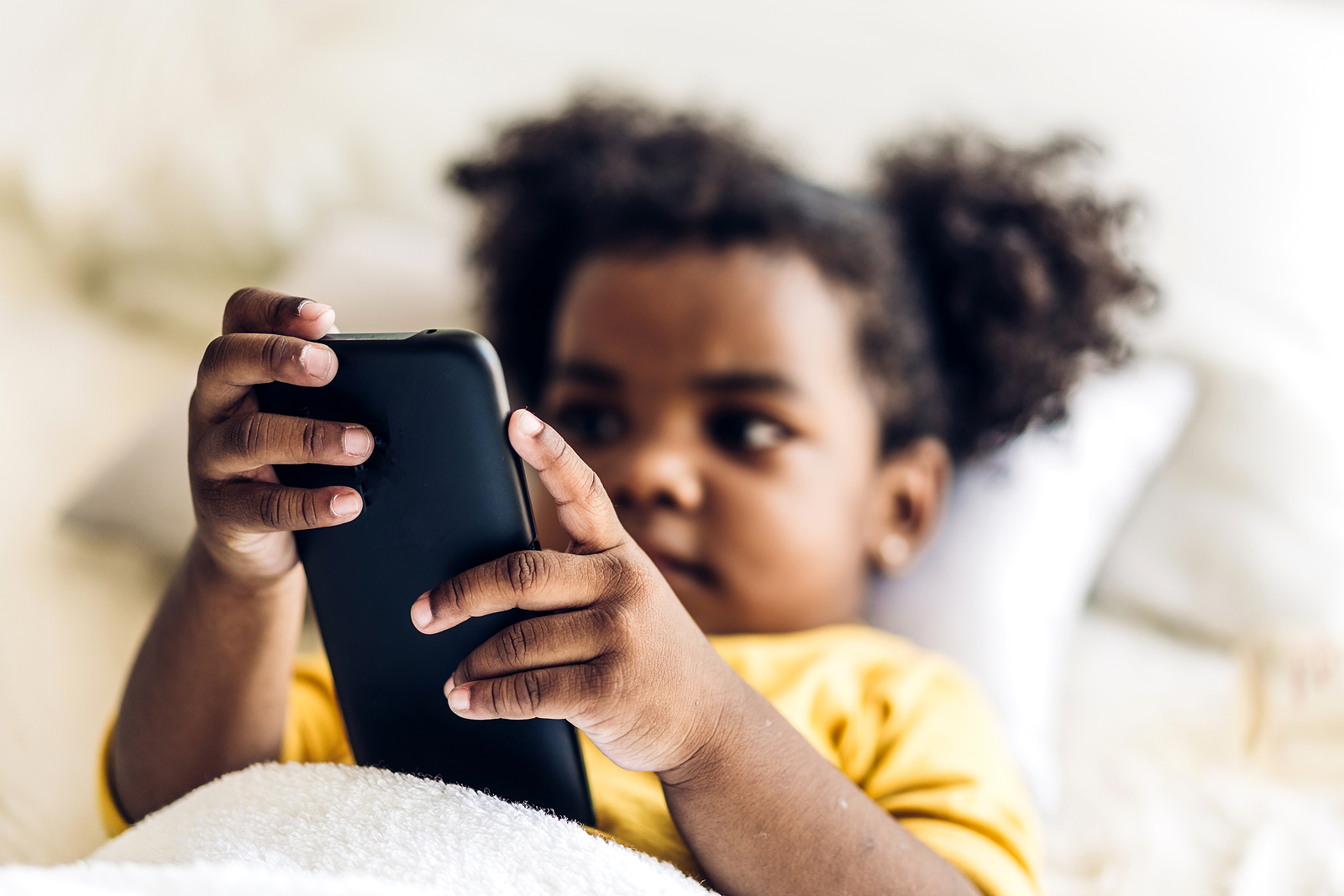The vast majority of parents are concerned about the impact social media is having on their children’s mental health.
According to the 2023 Dove Self-Esteem Project Research for Kids’ Online Safety, 80 per cent of mums and dads said the effect of social networking on young people is ‘worrying’.
The skincare brand also reported that half of children think the ‘toxic beauty culture’ on social media is increasing their anxiety, Hull Daily Mail reported.
What’s more, eight in ten youth mental health experts think being online is going to lead to a mental health crisis among young people.
Founder of the charity Parenting Mental Health Suzanne Alderson gave parents some tips on how to look out for signs of deteriorating mental health due to social media exposure and what they can do to prevent it.
She said it is a good idea to look for behavioural patterns changing, such as wearing long sleeves, covering up their body, not eating at the family dinner table, and getting irritated when banning their screens.
Ms Alderson reminded parents to stay calm and not get stressed, upset or anxious when trying to discuss it with their kids.
“If we bring fear and distress to the conversation, it won’t work, we need to be calm. We need to actively listen to our children and what they are saying,” she advised.
A good way to make the conversation flow easier is to have it in the car or while cooking, as this avoids eye contact, making it more comfortable for youngsters to open up.
“Make it non-confrontational and non-judgemental and it will build that emotional safety,” Ms Alderson advised.
It is also important to listen to what they say, and not express their own bias towards topics, as this could drive them to their social media channels even more where they seek people who can understand them and, subsequently, receive validation for their thoughts.
Further research from Dove revealed a huge proportion of girls and women have low self-esteem with regards to how they look.
The Real Truth About Beauty: Revisited study reported only four per cent of females think they are beautiful. However, nearly three-quarters (72 per cent) of girls feel under pressure to be beautiful.
Although four-fifths of women can see everyone has something about them that makes them beautiful, they do not see it in themselves.
A spokesperson from the campaign commented: “Beauty-related pressure increases whilst body confidence decreases as girls and women grow older – stopping young girls from seeing their real beauty.”
The majority of photos on social media these days are filtered or edited, while models often pose in unnatural ways to show off their best assets. These give a false impression of beauty and could set unrealistic expectations on what females really look like.
According to Dr Christine Stabler from Penn Medicine, this creates an illusion of perfection that is impossible to achieve.
“Even if you know posts are filtered and carefully selected, constantly seeing other picture-perfect highlight reels can make it feel impossible to live up to other people’s lives,” she advised.
Mums and dads who can see their youngster’s mental health deteriorating could book to see an anxiety therapist in west London, who can talk through some issues facing young people today.
